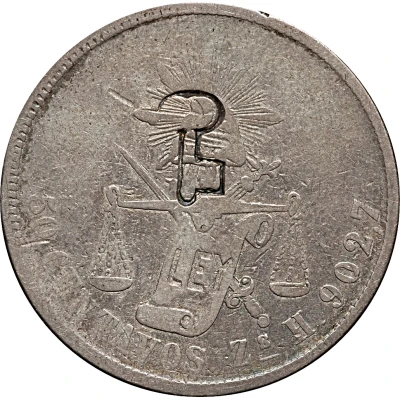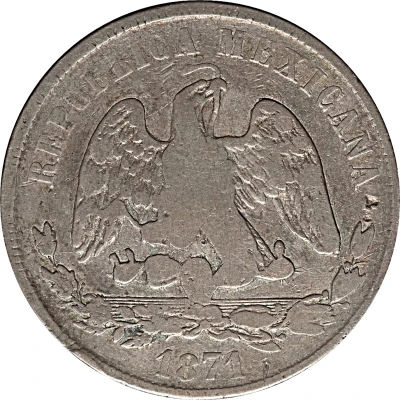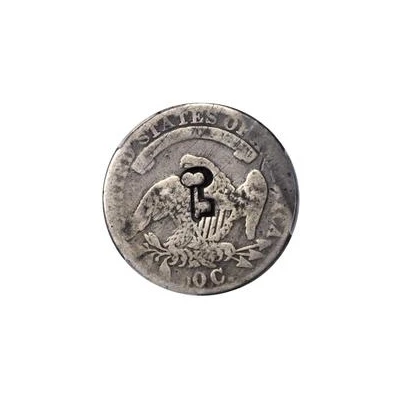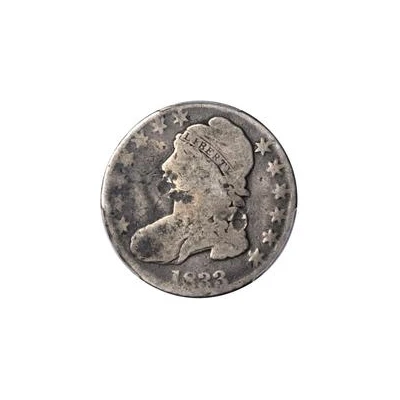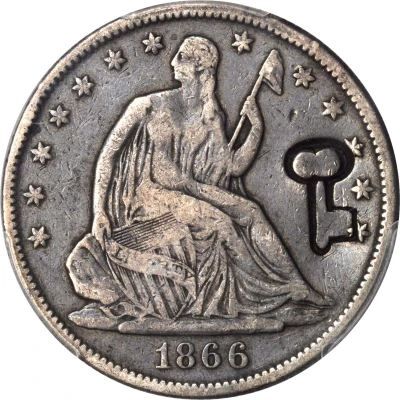
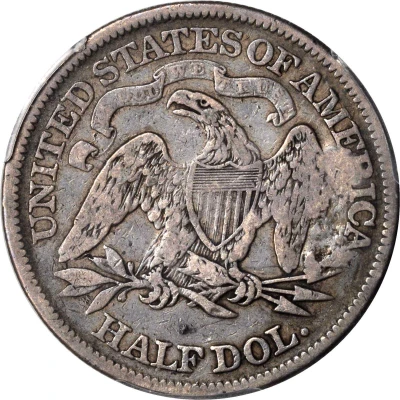

© Stacks Bowers
50 Centavos Countermarked ND
| Silver (.900) | - | - |
| Issuer | Cuba |
|---|---|
| King | Alfonso XII (1874-1885) |
| Type | Standard circulation coin |
| Years | 1872-1877 |
| Value | 50 Centavos (0.50) |
| Currency | Countermarked Coinage (Key, 1872-1877) |
| Composition | Silver (.900) |
| Shape | Round |
| Demonetized | Yes |
| Updated | 2024-10-04 |
| Numista | N#109087 |
|---|---|
| Rarity index | 95% |
Reverse
Script: Latin
Comment
Countermark on United States Half Dollar, KM#A68.Interesting fact
The 50 Centavos coin from Cuba, minted between 1872 and 1877, has an interesting history. During this time, Cuba was under Spanish rule, and the coin was minted with a countermark, which is a stamp or marking added to a coin that was not part of its original design. This countermark was added to indicate that the coin had been certified by a third party, such as a bank or assayer, to verify its authenticity and value. The use of countermarks was common practice during this time period, especially in countries under Spanish rule, as it helped to prevent counterfeiting and increase trust in the currency. It's also worth noting that the 50 Centavos coin was made of silver (.900), which was a common practice during this time period. Many coins were made of precious metals like silver and gold, as they were considered to be more valuable and durable than other materials. The use of silver in coins also made them more resistant to wear and tear, and helped to preserve their value over time.
